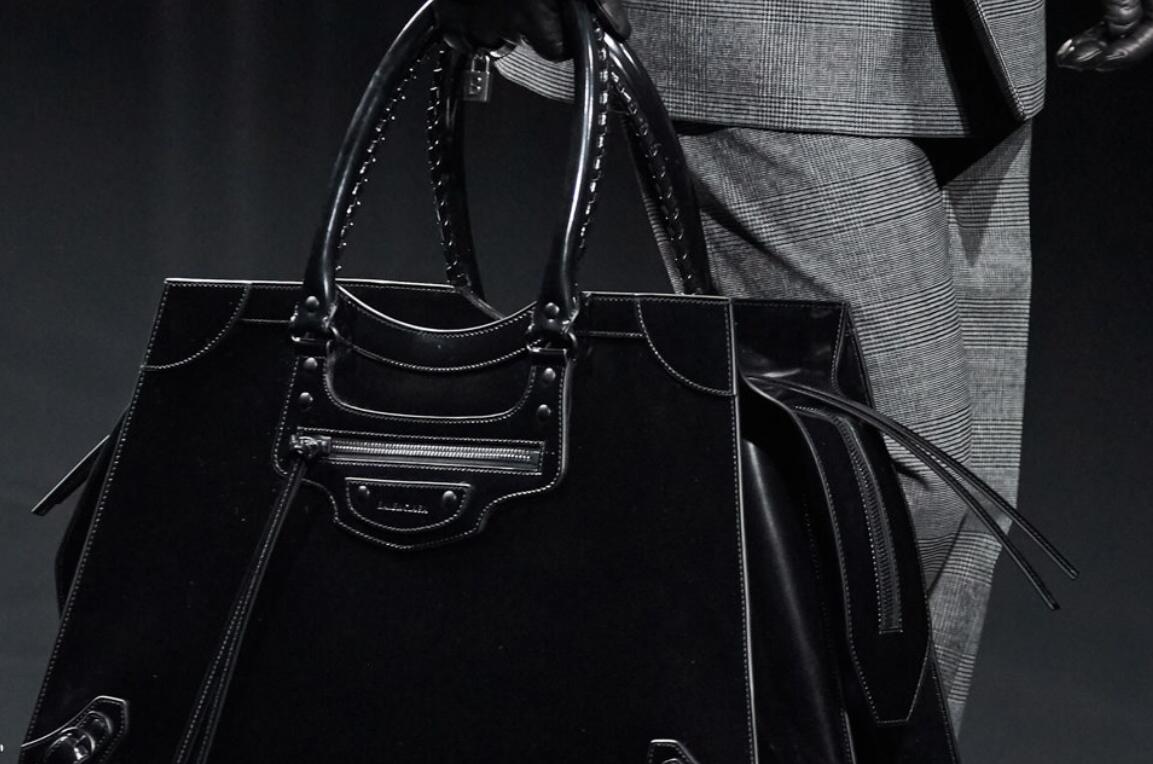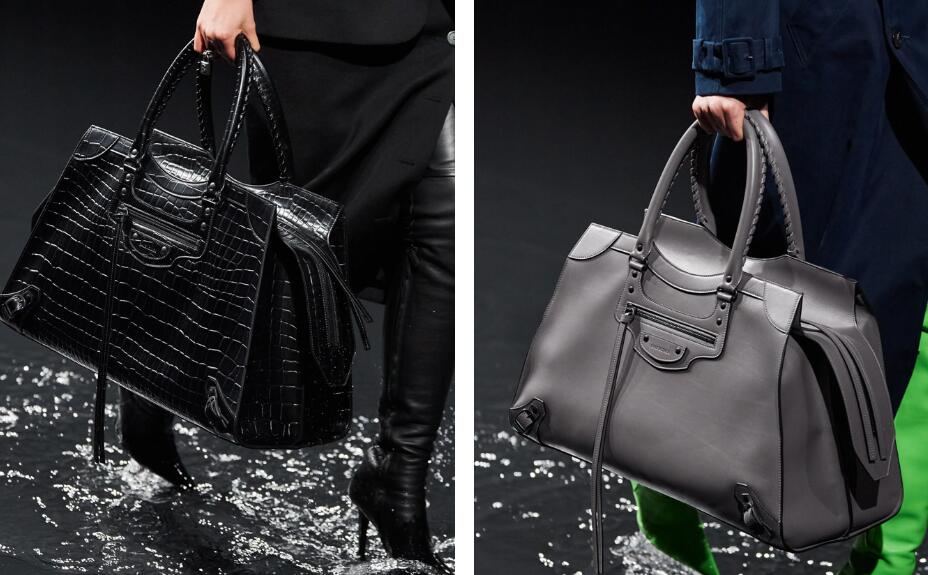Balenciaga's Iconic Moto Bag: A Journey from Ghesquière to Gvasalia
Balenciaga has long been a brand synonymous with innovation and edge in the fashion world, largely due to the influence of its creative directors. One of the most notable designers to lead Balenciaga was Nicholas Ghesquière, whose 15-year tenure as creative director left an indelible mark on the brand and its aesthetic. His departure in 2012 shook the fashion industry, as he had redefined modern luxury and set a precedent for future creative directions.
The Legacy of Nicholas Ghesquière at Balenciaga
Nicholas Ghesquière is perhaps best known to handbag aficionados as the genius behind Balenciaga’s legendary line of Motorcycle Bags. These bags, originally launched in the early 2000s, have remained iconic for nearly two decades, continually appearing on the arms of fashion lovers worldwide. Ghesquière’s visionary designs not only brought attention to Balenciaga’s accessories but also set the foundation for what would become an essential part of the brand’s identity.
The Birth of the Motorcycle Bag
The Motorcycle Bag first gained momentum when it was spotted on the arms of supermodels and fashion icons in the early 2000s. Kate Moss, in particular, was an early adopter, further cementing the bag’s status as a staple among the fashion elite. Introduced officially in 2001, the bag became an instant hit, with its slouchy, casual-yet-luxurious vibe. Over the years, it has been reimagined in countless variations, including different sizes, colors, and fabrications, making it a versatile must-have.
What made the Motorcycle Bag so special was its juxtaposition of hardware and leather. The bag was both rugged and refined, featuring metal studs, zippers, and braided handles. The original model, the Flat Brass Classique, was a nod to effortless cool, with its unstructured silhouette that appealed to those wanting a less formal yet stylish option.

After Ghesquière: A New Era Begins
Ghesquière’s departure from Balenciaga in 2012 left a void that was initially filled by Alexander Wang. While Wang’s tenure as creative director brought a different energy, it was when Demna Gvasalia took the reins that Balenciaga's legacy under Ghesquière was truly honored. Gvasalia, known for his deconstructionist approach and bold reinterpretations, brought his unique vision to Balenciaga while paying homage to the brand’s heritage.
Demna Gvasalia’s Vision for Balenciaga
Since taking over as creative director, Demna Gvasalia has reimagined Balenciaga's codes in ways that are both forward-thinking and deeply respectful of the brand’s past. One of his most notable contributions to Balenciaga's accessory line is the introduction of the Balenciaga Neo Classic Bag for Fall 2020, a 20th-anniversary celebration of the brand’s most iconic design.
The Neo Classic Bag: A Modern Twist on a Timeless Design
The Neo Classic Bag is Gvasalia’s tribute to the original Motorcycle Bag, updated for a new generation. While the silhouette remains recognizable, the bag has undergone a transformation to reflect modern aesthetics. The updated version features a more structured shape compared to its predecessor, giving it a polished, architectural look while still retaining the classic moto detailing that made the original such a hit.
- Braided Handle: The bag retains its signature braided handle, offering a tactile, hand-crafted element.
- Moto Studs: The iconic metal studs that were a hallmark of the original are still present, though in sleeker, modern iterations.
- Multiple Fabrications: From matte leather with monochrome hardware to croc-embossed variations, the Neo Classic Bag comes in a variety of textures and finishes.
- Top-Handle Carryall: Unlike the slouchy silhouette of the original, the Neo Classic is more structured, offering a refined, elegant option for the contemporary fashionista.
Modern Yet Nostalgic
Gvasalia has masterfully combined the old and the new with the Neo Classic Bag. The design pays homage to Ghesquière’s iconic aesthetic while offering a fresh, modern interpretation. The structured silhouette reflects current trends in handbag design, while the nod to the past reminds us of Balenciaga's enduring influence in fashion.

The Lasting Impact of Balenciaga’s Motorcycle Bags
The lasting popularity of Balenciaga’s Motorcycle Bags is a testament to the timeless appeal of Ghesquière’s vision. From the early 2000s to today, these bags have remained a staple in the wardrobes of fashion-forward individuals. The continuous evolution of the design, from the original Flat Brass Classique to the current Neo Classic Bag, shows how a single product line can adapt to changing times while maintaining its core identity.
Nicholas Ghesquière may have left Balenciaga, but his influence continues to be felt in every iteration of the Motorcycle Bag. Now, with Demna Gvasalia at the helm, the legacy of this iconic accessory is poised to endure for years to come, captivating new audiences and longtime fans alike.
Leave a comment